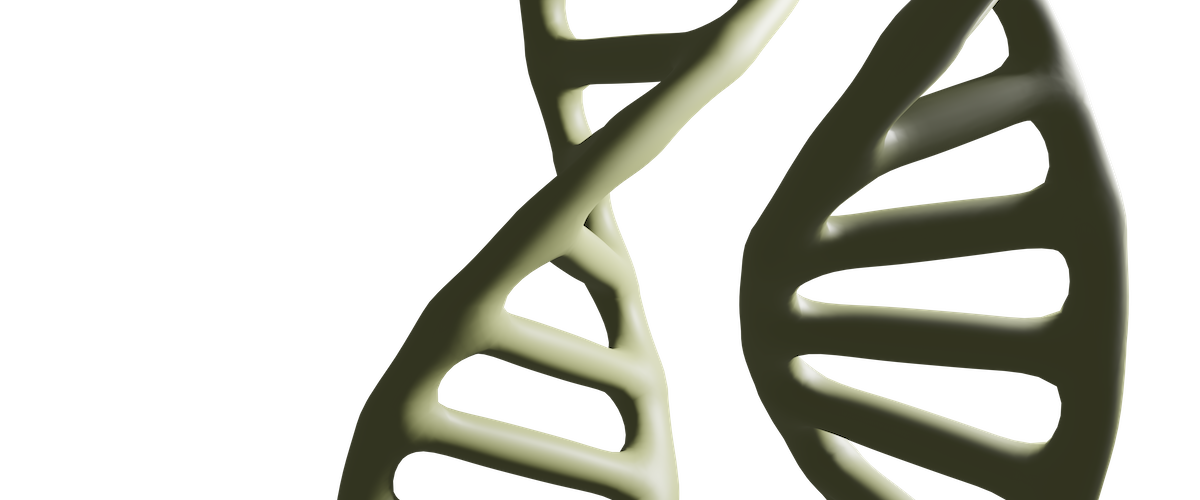
Genetic variation
rs2019090
Overview
rs2019090 is a genetic variant.
This variant is located on chromosome 11. The variations at position 103798234 are the genetic letters A/A, C/C, G/G, T/T, A/C, C/G, G/T, A/T, A/G, C/T
Since humans have each twice (one from each parent), these letter-variations occur on both chromosomes. People can have the same or different letters on both chromosomes. Every person's individual variation combination is referred to as genotype. For variant rs2019090 there are 10 currently known genotypes : A/A, C/C, G/G, T/T, A/C, C/G, G/T, A/T, A/G or C/T
Short Overview
Variant Location
rs2019090 is located on gene in chromsome 11. Use the genome browser to explore the location of rs2019090 and its genetic neighbourhood.
Conditions & Traits
rs2019090 affects the following conditions and traits:
There are currently 0 conditions and 0 traits associated with rs2019090.
Pathogenicity
rs2019090 affects the following conditions:
There are currently 0 conditions associated with rs2019090.
Pharmacogenetics
We do not have any data that links rs2019090 to any drugs.
Diagnostics
rs2019090 is commonly tested together with other variants on the same gene.
Genome Browser
This interactive browser visualizes what no human can see with the naked eye - our DNA. From a down to a specific position on a . The position you are looking at here is the exact location of variant rs. Explore more variants and their effects on the body by browsing left and right along the DNA strand.
Did you know genetic variants affect drugs?
Mutations are changes in genes and genetic variations are differences in the DNA among people. Variants are tiny changes in just one piece of the DNA while haplotypes are groups of these changes that usually come together.
Dr. Wallerstorfer
Conditions & Traits of rs2019090
Current research shows 0 conditions and 0 traits.
Diagnostics
rs2019090 is commonly tested together with other variants on the same gene.
Genotype Distribution
Knowing your genome can actually tell you a lot about your ancestors.
The prevalence of the different genotypes is based on the native inhabitants of a region. In the map below you see how common each genotype is in the native inhabitants of those regions. Since genetic material is passed down form generation to generation, your DNA shows traces of the geographical origins of your ancestors.
This data is based on “The 1000 Genomes Project” which established one of the most detailed overviews of human genetic variations across the globe. The regions are broadly categorized into five continental groups: Africa, America, Europe, South Asia and East Asia. All continental groups together display the global prevalence. Click through the regions, to learn more about the local prevalence of the possible genotypes.
At present, there is no distribution data available for SNP 2019090. 2019090.